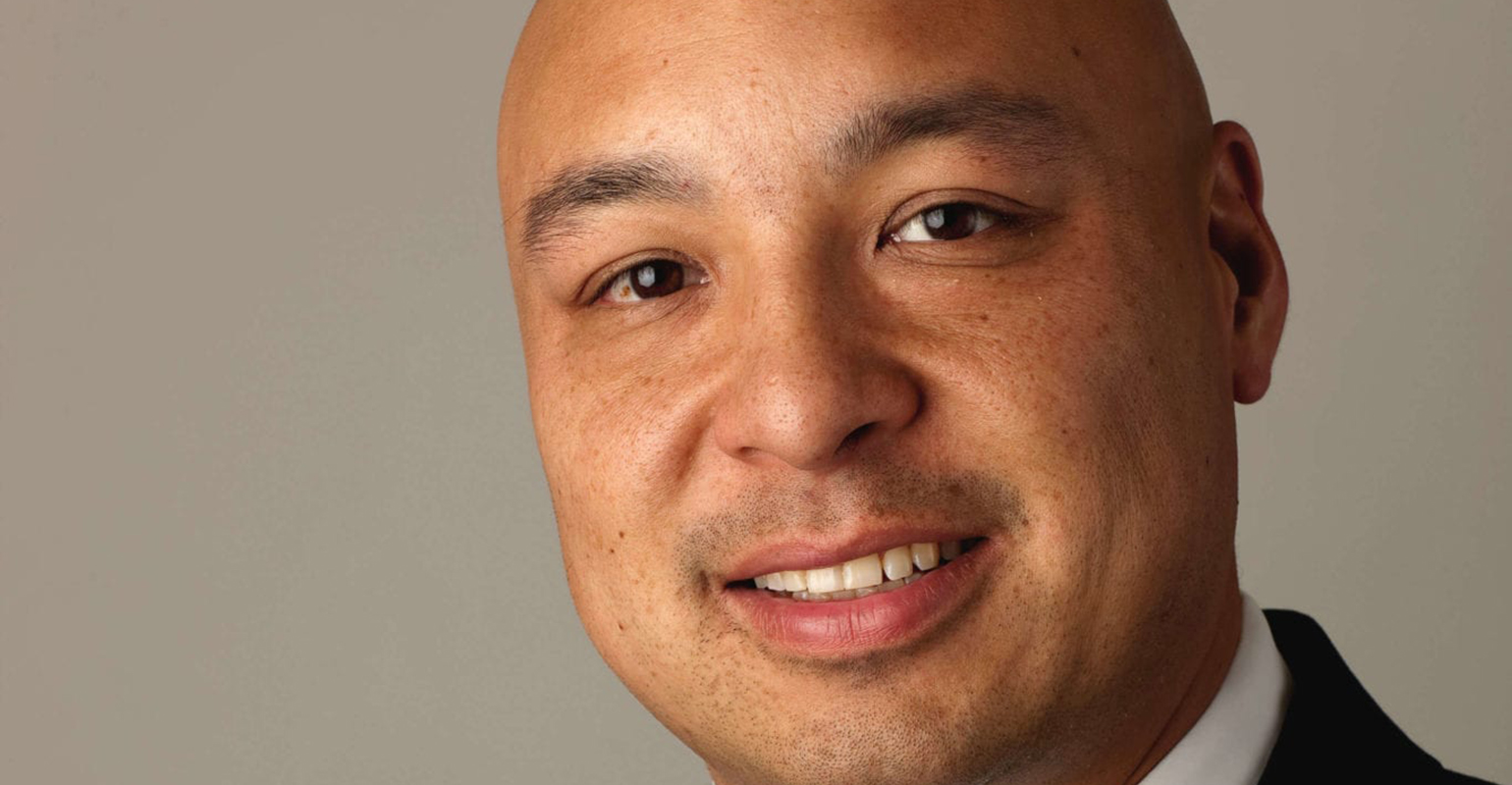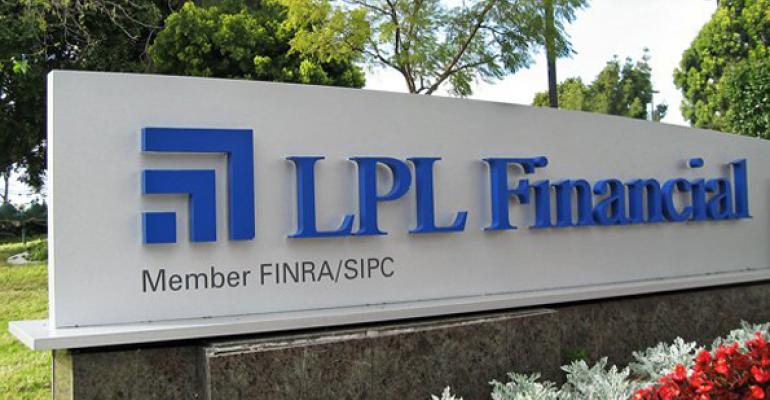LPL announced this week it has acquired Chicago-based Blaze Portfolio for $12 million, integrating the advisor-facing trading system into the independent broker/dealer's ClientWorks platform to help expand its wealth management capabilities and drive growth.
Blaze will be a subsidiary of LPL, keeping its branding and continuing to work with its preexisting client base of 135 investment firms.
A quick look back
When Blaze founder and CEO Bryson Pouw started the firm in 2010, he laid the foundation for its ultimate acquisition—without realizing it—in how he architected the trading and rebalancing platform.
Interviewed in 2011, Pouw said the trading and order management capabilities built into the system (then called Atom Align by Blaze Portfolio) had been tailored to advisors from the start, rather than for pure asset managers, as many systems had been in the past.
Most advisors at the time had to select either a rebalancing system or an order management system. More often than not, investment managers used order management systems, while advisors chose rebalancing systems.
The then-new Blaze offering could be thought of (and still can, with many new features and tools added in the decade since) as a hybrid order management system and rebalancing platform, designed to bridge the gap between the complex modeling capabilities of a dedicated rebalancing system and the trading features of a more typical order management system.
Pouw said at the time: “A lot of firms work with multiple custodians and want to be able to do their trading and model [portfolio] work in one interface and platform.”

Blaze Portfolio founder and CEO Bryson Pouw
Back to now and the future
For LPL Chief Investment Officer Burt White, acquiring Blaze fit nicely with the way the firm has seen trading evolve over the past few years.
“Trading, maybe not like any other [part of the tech stack], had gone from an operational offering, dropping [trading] tickets and has evolved to now being the way that advisors express their investment management sentiments,” he said.
In thinking about the big trends in the industry, whether it is use of centrally managed products or the growth of rep as portfolio manager, small advisors or those in growth mode cannot provide a bespoke experience to individual clients with current solutions because they do not scale.
“It has been a big transition; to be frank this is what Blaze is all about, it enables models-based practices because of its ease of use and scalability,” White said.
He said while LPL does not support fractional shares right now, the firm thinks “it is going to be really important.”
“And as you bring separate managed accounts to smaller clients and unlock fractional shares and direct indexing, those abilities are going to enable values-based ESG investing,” he said.
Will Trout, head of wealth management at Celent, said that broker/dealers like LPL will have to use the machinery of rebalancing to optimize portfolios and for other needs, including tax management going forward.
“The removal of operational friction and cost from execution, and the democratization of trading generally, has given new life to the rebalancing function, which enables customization of the portfolio at all levels of wealth and frankly, are being viewed as table stakes for Millennials and other next-gen investors,” he said, adding that these investors expect their holdings to reflect their principles and social perspectives.
“It’s a way to bring value back to the commoditized business of portfolio manufacturing,” Trout said, referring to the additional features supported by Blaze, which supports White’s contention.
Nuts and bolts
White went on to outline three areas where Blaze was going to contribute meaningfully to LPL’s support of advisors.
First, he reminded that the platform is multicustody and multisleeve and will help advisors manage their clients that have accounts across more than one custodian.
Second, Blaze is also an order management system, which will enable advisors flexibility in staging and making simultaneous trades across many different clients throughout their book of business and help in tax loss harvesting.
Finally, unlike most portfolio accounting systems, Blaze can integrate and access trust accounting systems as well, letting advisors service clients that have trusts from within a single platform.
White also made clear that LPL’s existing advisory platform trading system is meant for advisors outsourcing sleeve management, whereas Blaze is multisleeve and specifically for advisors who intend to manage sleeves themselves.
Pouw, who unsurprisingly said he is excited about the deal, noted that despite the pandemic, or rather because of it, 2020 had been his firm’s best year ever.
“We have a web-based platform and a lot of our competitors are still not web-based, picked up a lot of new clients.”





